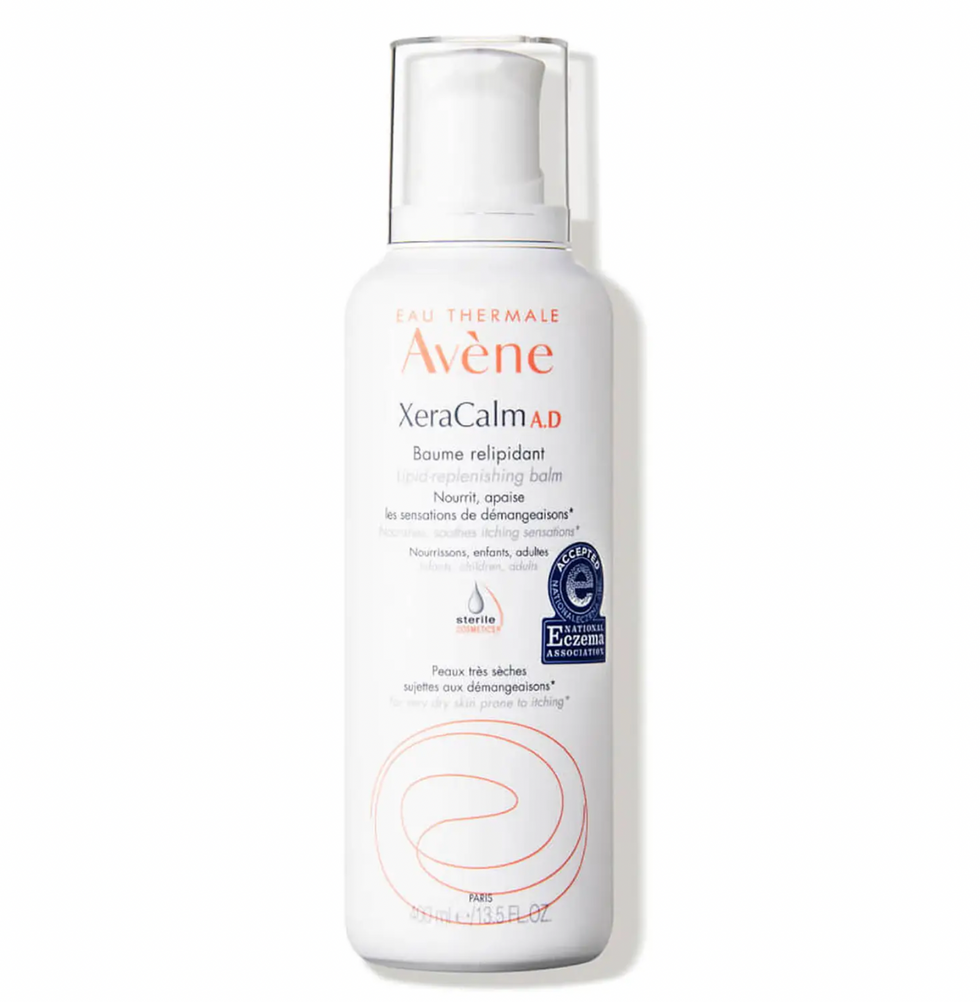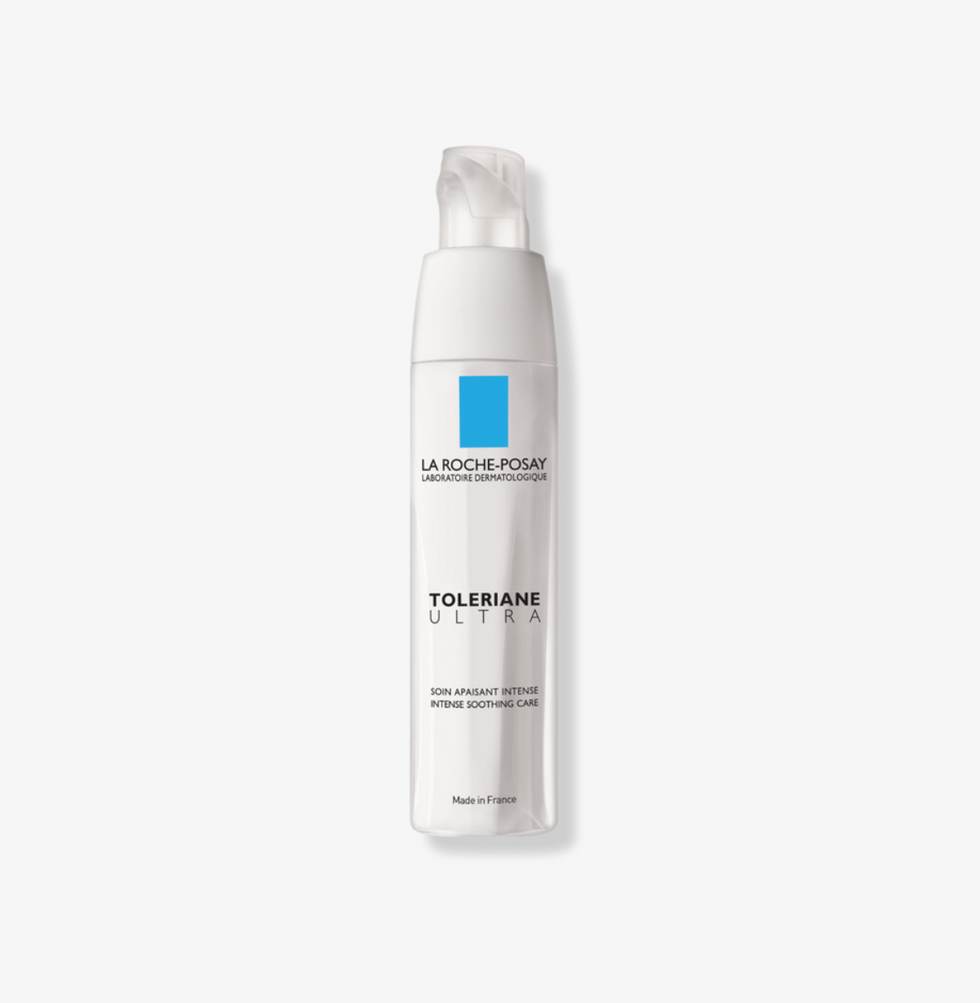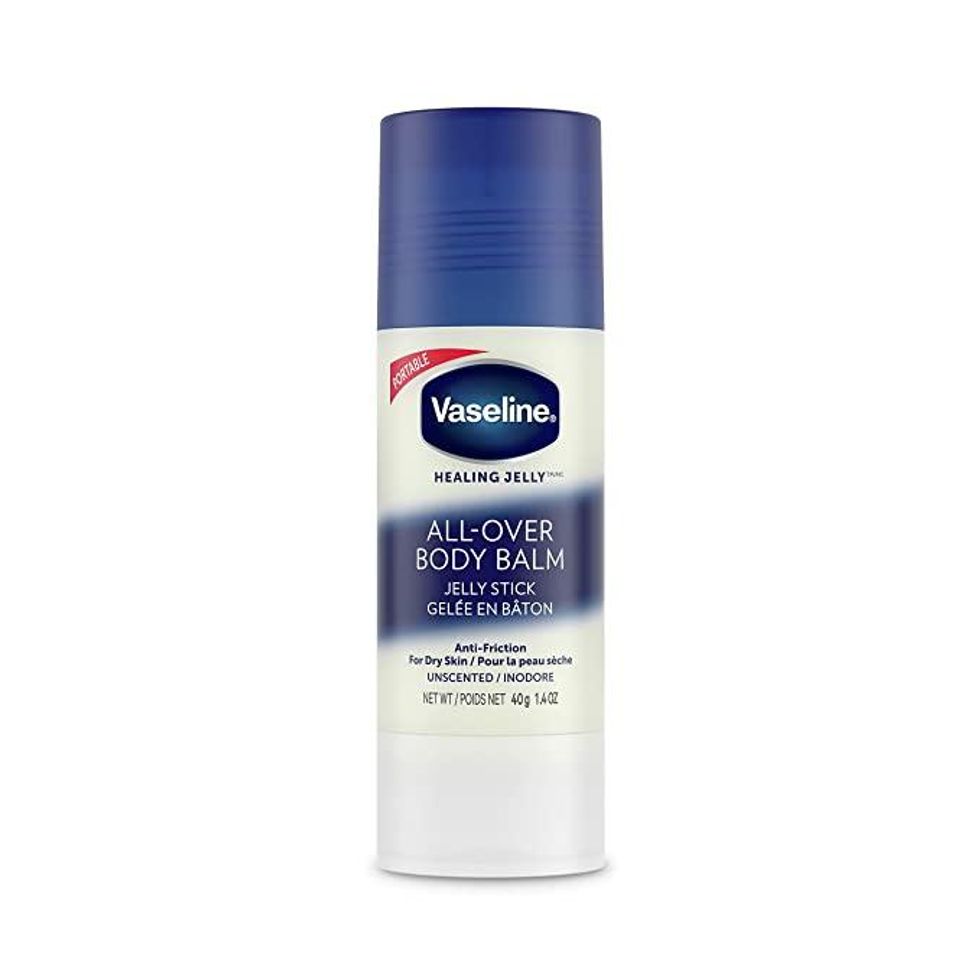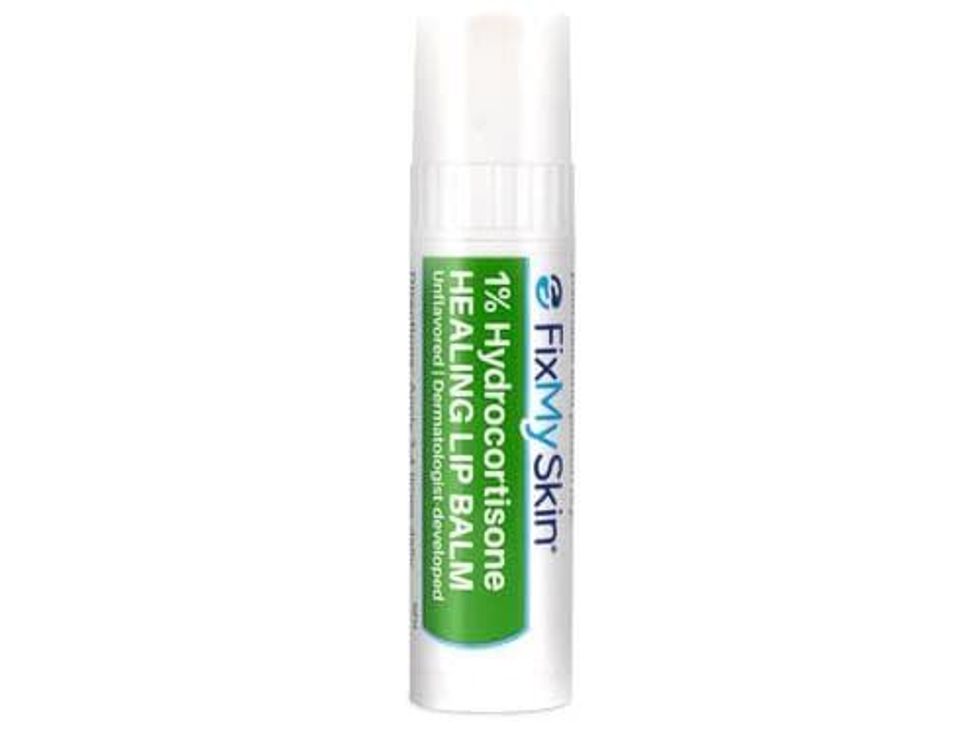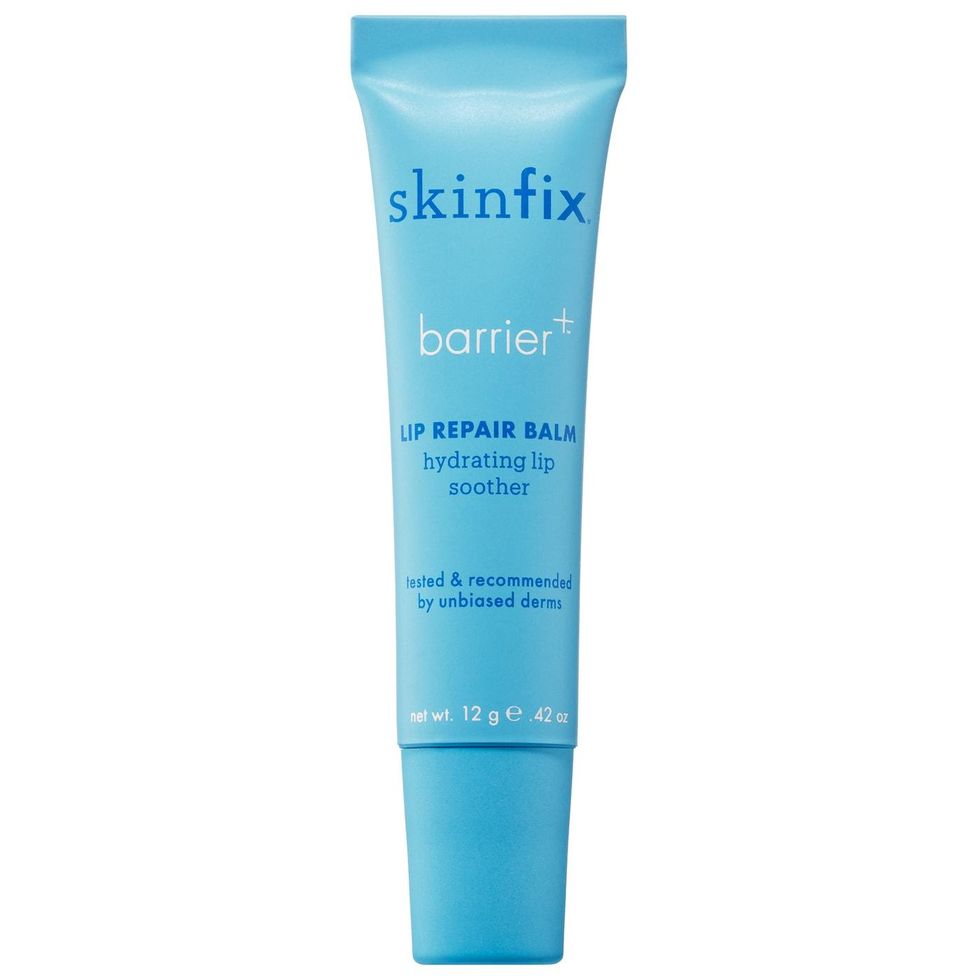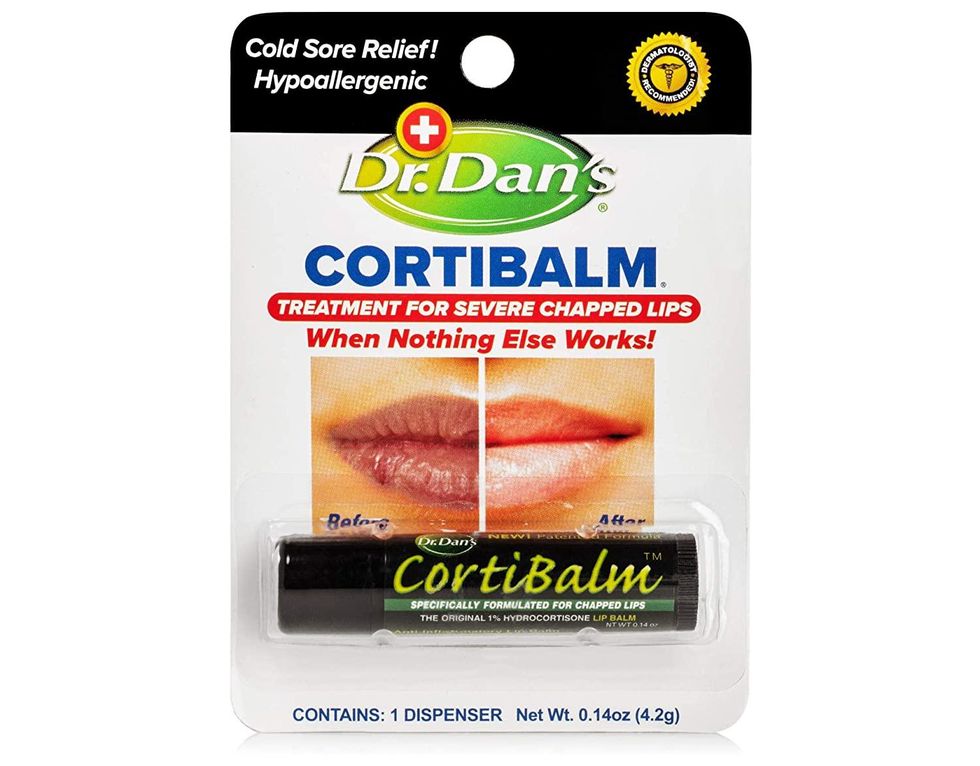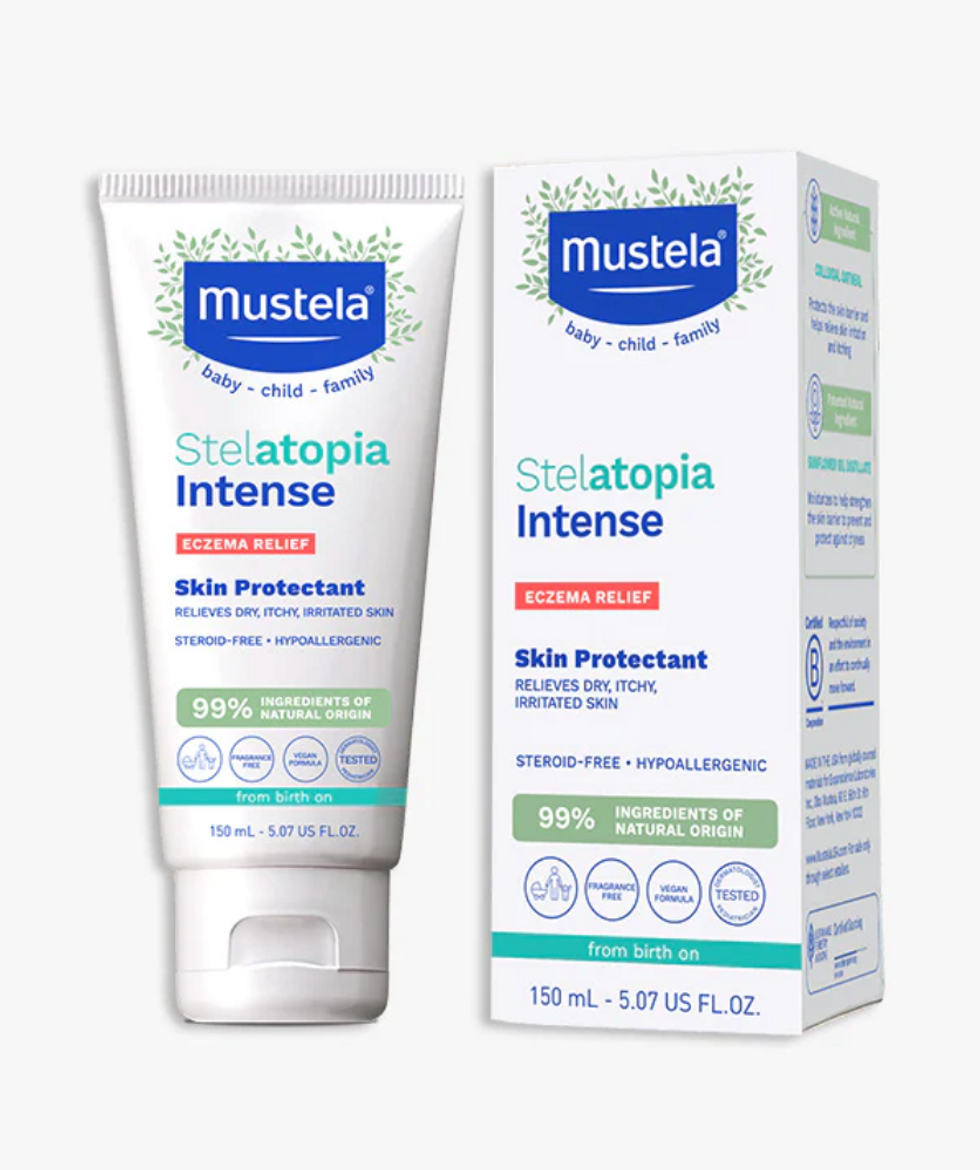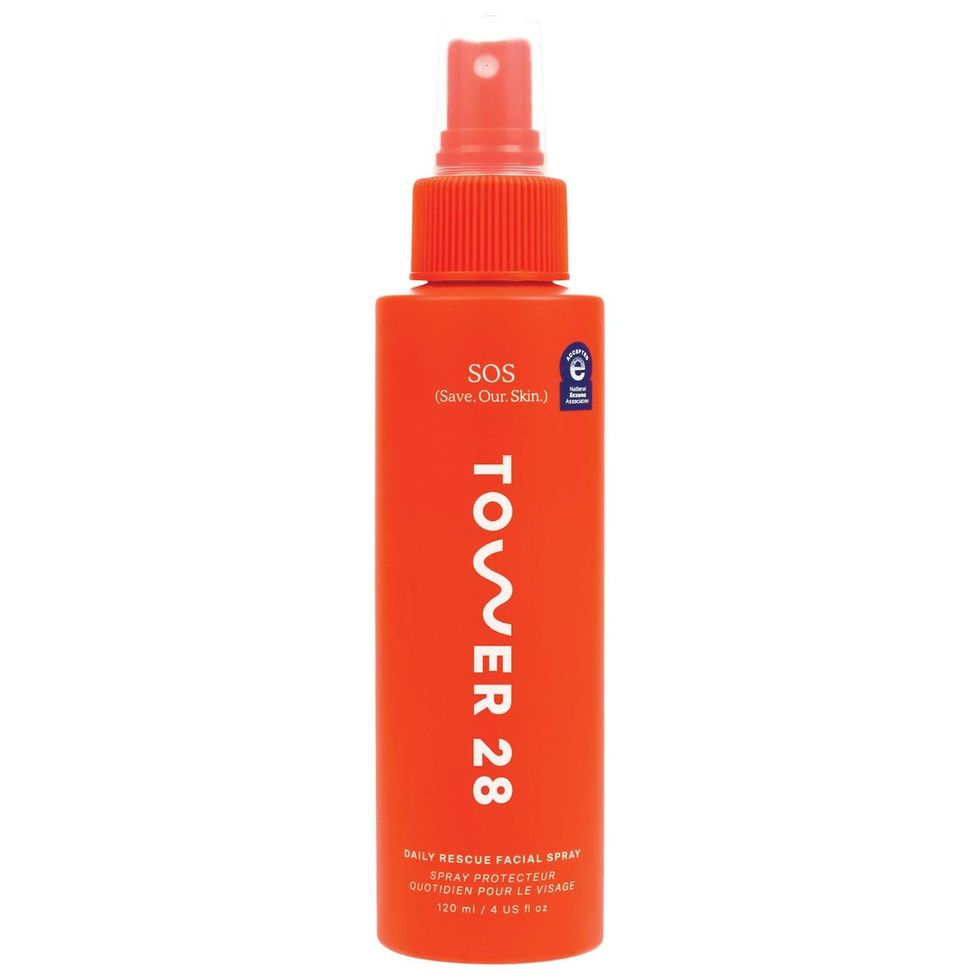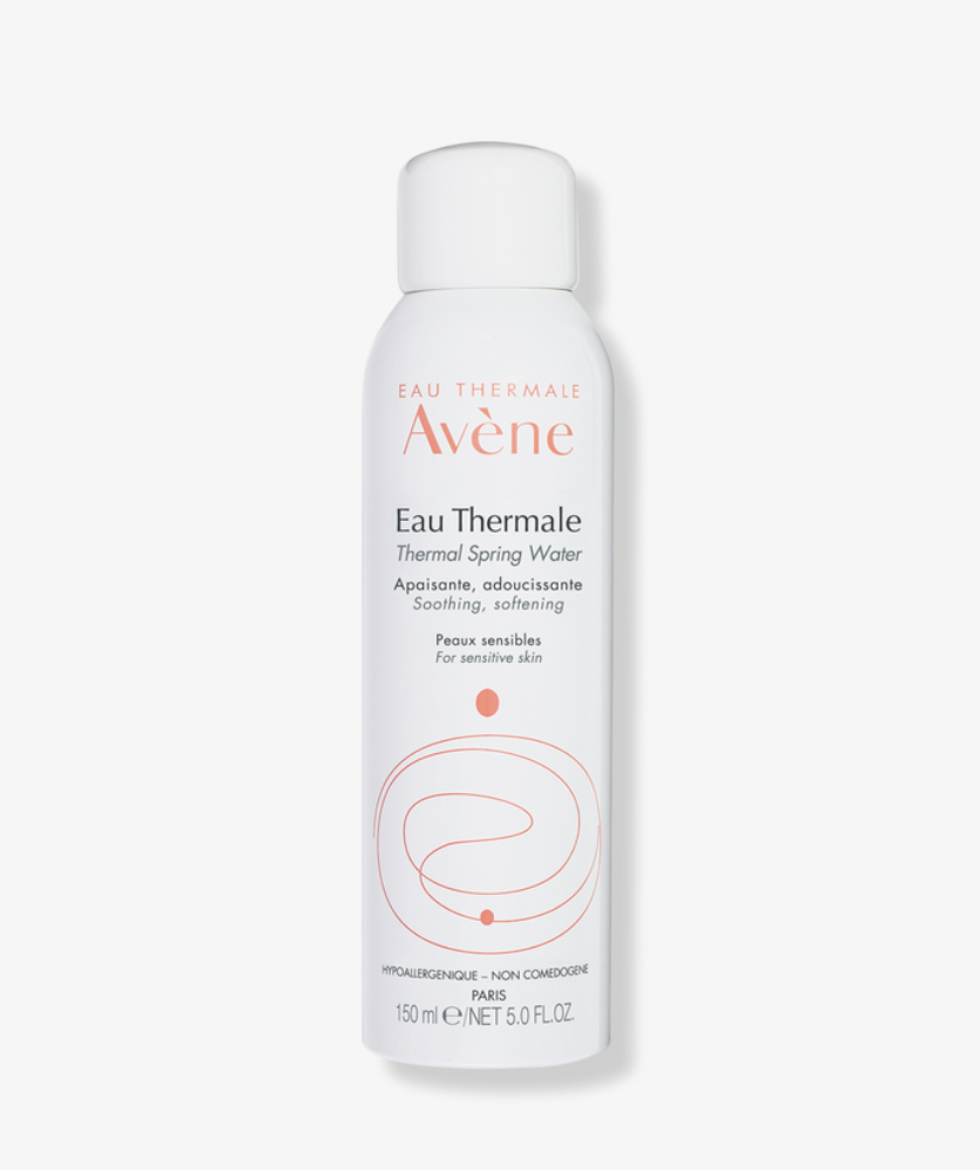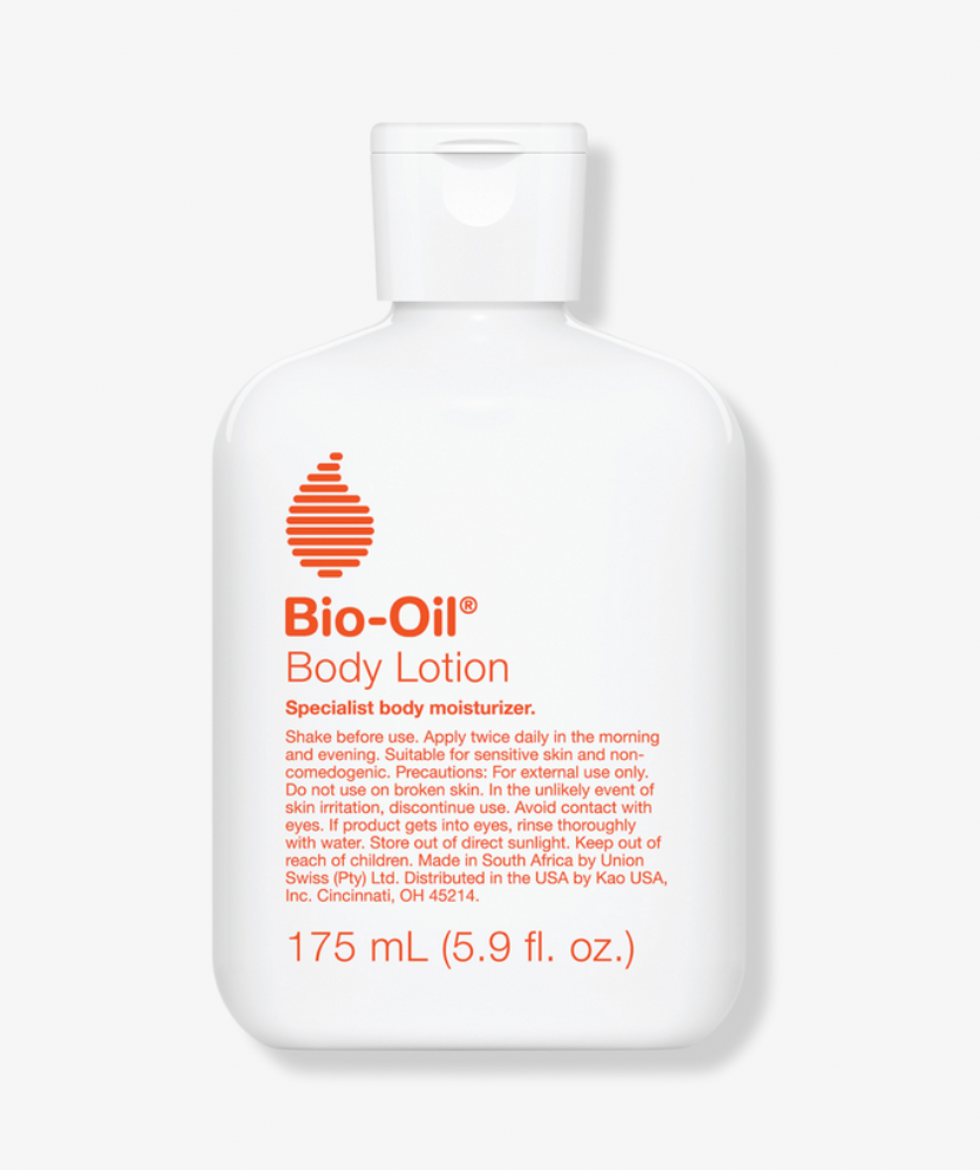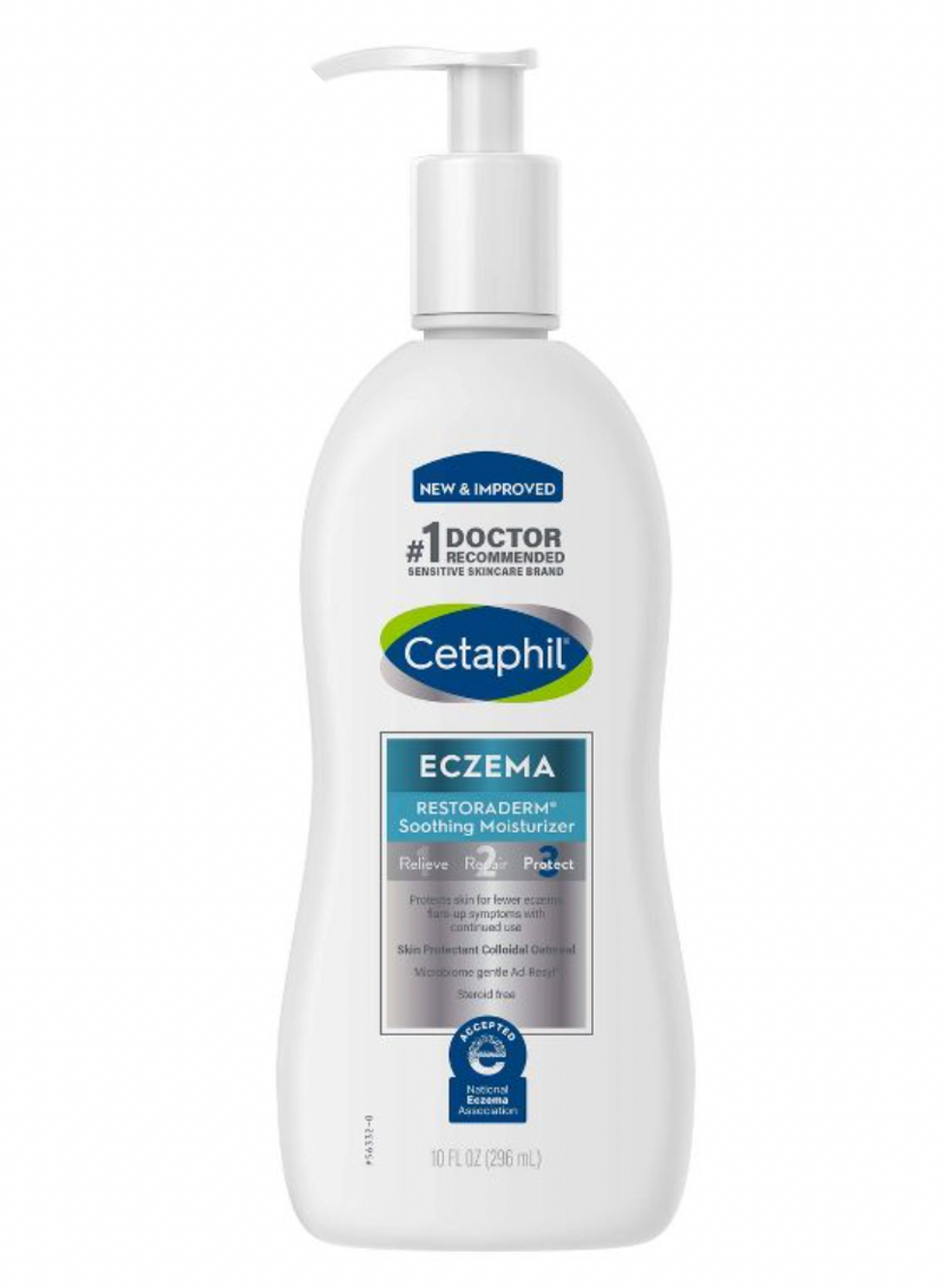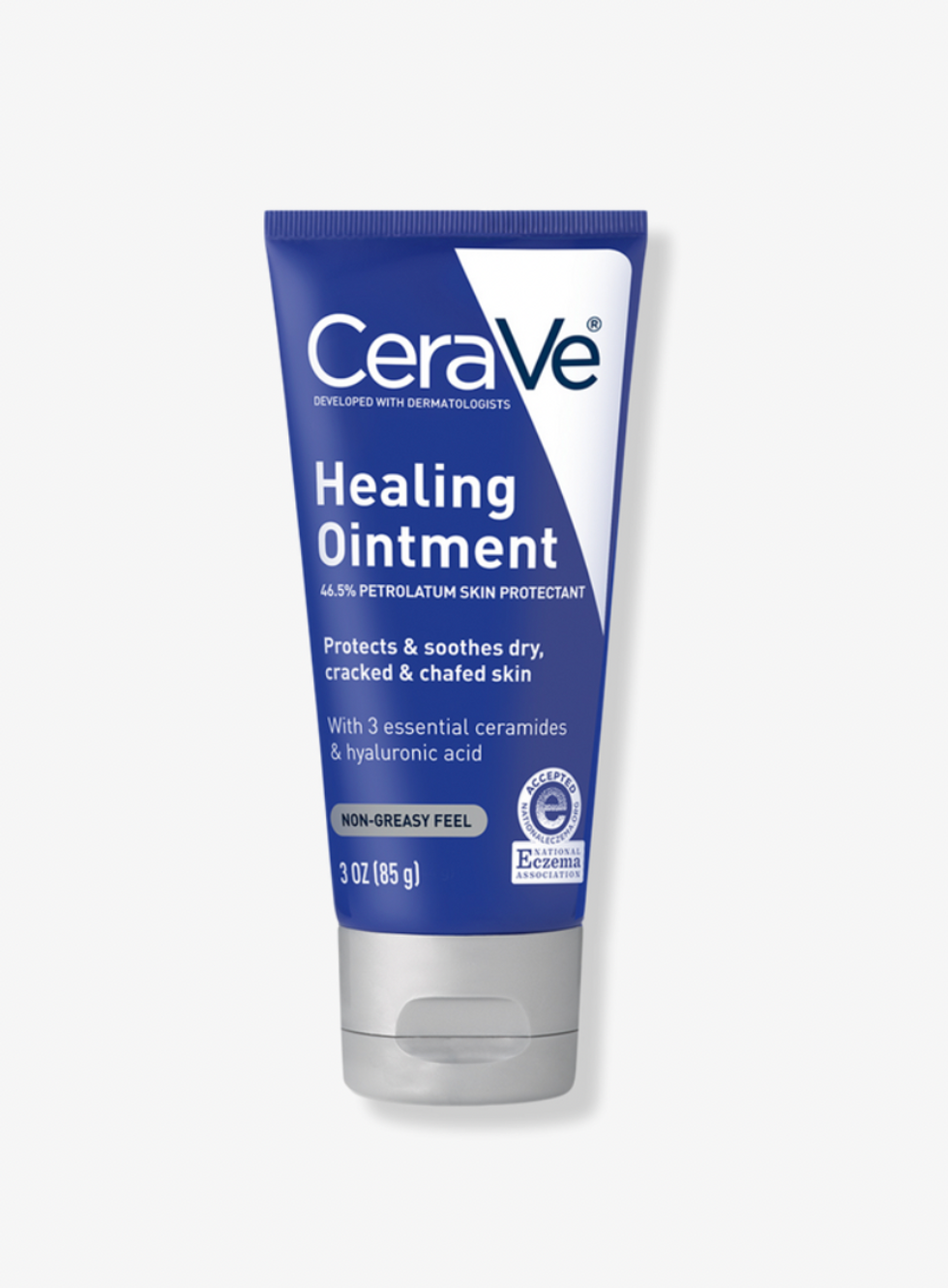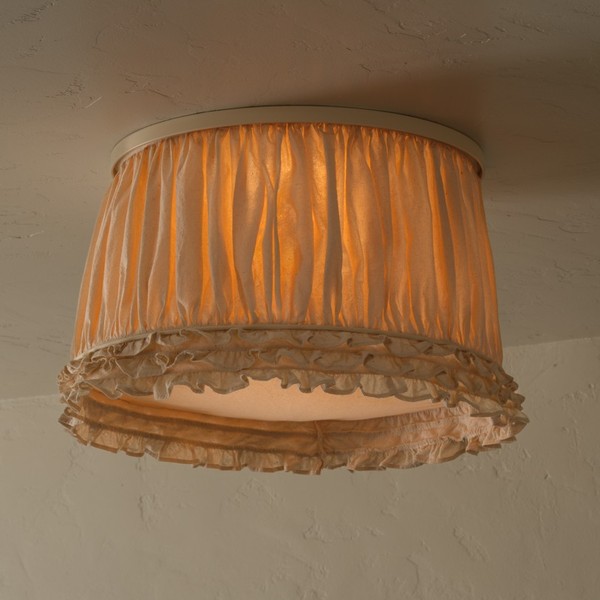Found: The Best Eczema-Friendly Skincare Routine
The expert-approved balms, creams, and salves that won’t irritate your sensitive skin.

Those familiar with eczema know that flare-ups are itchy, uncomfortable, and extremely frustrating, especially when it feels like none of the skincare products on the market are living up to their claims. This makes it hard for those struggling with eczema to curate a routine that won’t stress out their skin. So, to help clear up any confusion, we tapped New York City-based board-certified dermatologist Elyse Love, MD and Bio-Oil partner and board-certified dermatologist Tiffany Libby, MD to help take the guesswork of curating an eczema-friendly product lineup. Below, they explain what eczema is, which ingredients to look for—and which ones to avoid—and share their dermatologist-approved recommendations.
What is eczema?
Eczema is the broad term used to describe a group of inflammatory skin conditions which all present with dry, itchy, scaly rashes. While a red flaky eczema patch may look contagious, it isn;t. “Someone cannot be infected or ‘catch eczema’ from touching eczematous skin,” explains Dr. Libby. “It is caused by environmental and genetic factors, and a chronically inflamed and disrupted skin barrier that has difficulty retaining water and moisture within skin.”
The most common type of eczema is contact dermatitis however there are others like atopic dermatitis. According to Dr. Libby, soaps, shampoos, body washes, cleansers, laundry detergents, fabrics like wool or polyester, fragrances, and extreme heat or cold are some common triggers.
What’s the difference between eczema on the face and eczema on the body?
The short answer is there is none. “People who have atopic dermatitis are prone to eczema rashes that can occur on the face or the body. People just tend to have one area more sensitive than another,” explains Dr. Love. She does note that allergic reactions are a common reason for flare ups on the eyelids and round the mouth. However, new rashes can appear anywhere from head to toe.
There is one thing that differs depending on what area of the body you are addressing and that is the treatment plan. For areas like the hands, elbows, knees, where your skin is more thick, Love says dermatologists tend to opt for the thickest topical steroids as an easy solve. However for really thin areas, like the face, she would welcome a steroid alternative if possible. The biggest reason for this is that long term steroid use can cause a thinning of the skin and trigger other underlying skin concerns such as breakouts or rosacea.
What are some star skincare ingredients that help treat eczema?
Especially if you are prone to sensitivities, is important to know what to look for on product labels. Whenever you see the National Eczema Association seal on a bottle you can trust that it has gone through a vetting process that makes sure it excludes a long list of known irritants.
That being said there are still some call out ingredients that have been used for years in the industry. “Colloidal oatmeal, which the FDA approved as a skin protectant, is anti-inflammatory, soothes skin, and prevents transepidermal water loss which can exacerbate eczema,” explains Libby. “Sunflower seed oil is also rich in fatty acids which helps form the sealant around skin cells to soothe and strengthen the skin barrier.” She also calls out humectants, like glycerin and hyaluronic acid, and occlusives, such as petrolatum, as other star players in helping to hydrate and seal in moisture.What skincare ingredients should you avoid if you’re dealing with eczema?
As a general rule of thumb, there are a few ingredients that anyone eczema prone should steer clear from. First up is anything that includes a scent. “Fragrance is something I would definitely exercise caution with because it is one of the most common cosmetic sensitivities,” explains Love. She also warns that active ingredients such as retinols are something that should be started very slowly, consciously, and under the guidance of a dermatologist. Formulas that are traditionally harsh on the skin are more likely to have adverse effects if your skin barrier is compromised or extra sensitive.
If you are someone who has recurring eczema on the face, Love suggests that it might be worth reaching out to your doctor for patch testing. “This is when we can test to see if you’ve developed any potential skin allergies to products that you are using,” says Love. This could be makeup, hand soap, or even detergent. After the process, you might have a personalized list of products and ingredients that you can remove from your routine to make room for more friendly formulas.
How can I treat eczema?
The first step should be consulting a board certified dermatologist so you can learn about all of the different options available to you, whether that be additional testing like mentioned above or prescription lotions. Both Libby and Love also suggest keeping your shower running at lukewarm temperatures as extra hot water will only increase dehydration. Other than that, stock your shelves with formulas that you can trust. “Make sure that you are sticking with hypoallergenic and gentle skincare brands,” suggests Love. Once you have a base routine that you know works for your skin you can feel prepared whenever a flare up may occur.
To help make the shopping process easier, we curated a product list that gets our eczema stamp of approval. Discover the dermatologist and editor approved skincare picks below.
For The Face
Best for Lips
Flare Up Faves
Body All Stars
Want more stories like this?
This New Skincare Launch Gave Me An Instant, Dewy Glow
The Only Moisturizer That Doesn't Break Bianca Nieves' Skin Out
This New Launch Changed My Opinion On Clean Mascara

